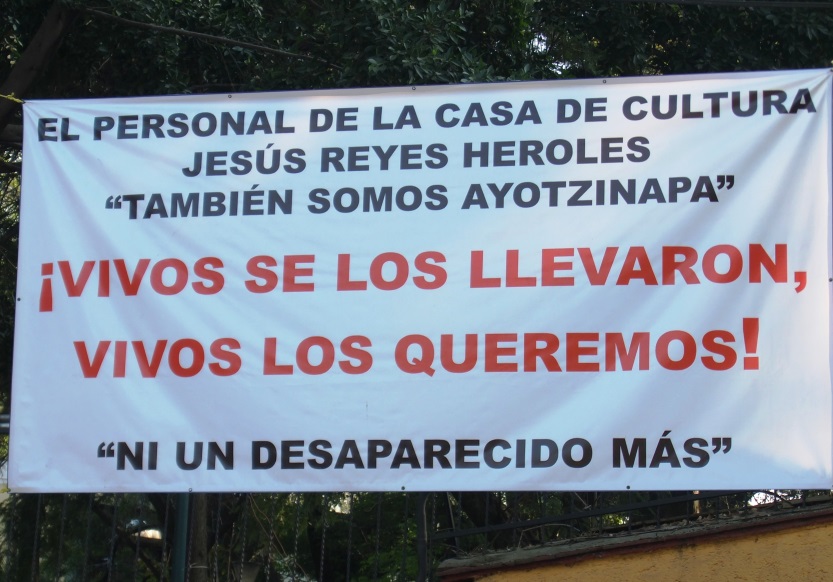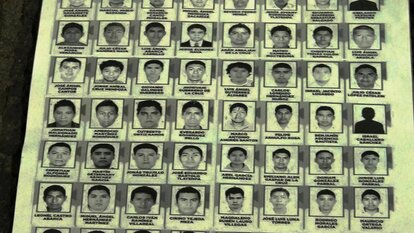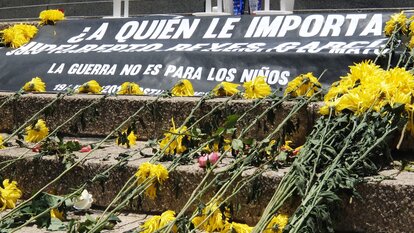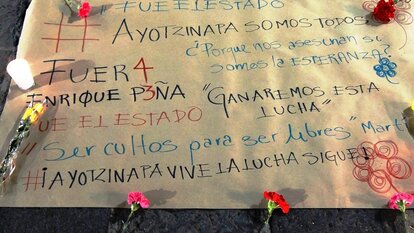Human Rights International
Mexico – public education and the fight against enforced disappearances

Mexico City remembering the missing students of Ayotzinapa: “They took them from us alive, we want them back alive!”
© Friedrich-Naumann-Stiftung für die Freiheit“Enforced disappearances” are a form of human rights abuse that is particularly prevalent in Latin America.According to Article Two of theUN’s International Convention for the Protection of All Persons from Enforced Disappearance, enforced disappearance is considered to be the deprivation of liberty by agents of the State or by
persons acting with the authorization, support or acquiescence of the State, “followed by a refusal to acknowledge the deprivation of liberty or by concealment of the fate or whereabouts of the disappeared person, which place such a person outside the protection of the law.”Among other such incidents in recent years, the
disappearance of 43 Mexican students from Ayotzinapa stands out. It was met with horror and anguish, triggering mass protests and demonstrations across the country. Hundreds of thousands of people took to the streets and Mexico City was in a state of emergency for days. In the state of Guerrero, several government buildings were set alight. The Friedrich Naumann Foundation for Freedom is working actively to help improve the situation inthe country . It supports the efforts of the local NGO
Observatorio Nacional Ciudadano to bring facts to the debate, focusing especially on the transparency of government processes. In collaboration with the partner organisation, we set up a “Statistical Register of Enforced Disappearances” that provides information on violent kidnappings in Mexico. Together with the Observatorio, we released a new analysis in March 2018 entitled “Enforced disappearances – legal framework, policy approaches and courses of action”, which addresses how the Mexican government is handling these issues.


